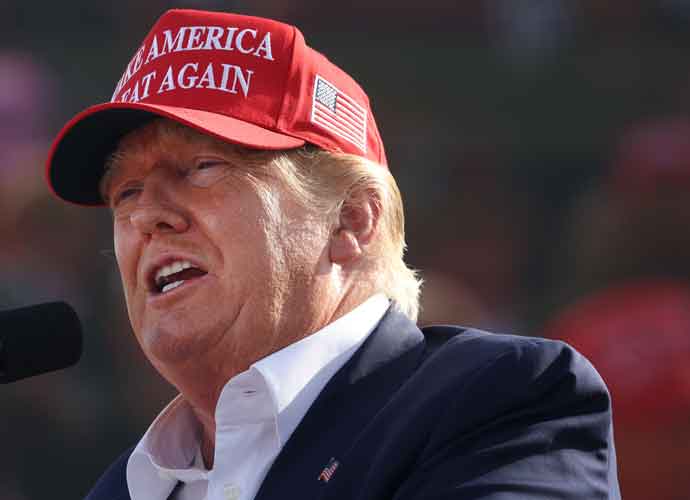Hydroxychloroquine May Have Led To 15,000 Deaths In The U.S., New Study Finds
According to a study conducted by French researchers, an estimated 17,000 people worldwide may have died due to the use of hydroxychloroquine.
Hydroxychloroquine is an anti-malaria drug prescribed to some patients during the initial wave of Covid-19. It gained attention because it was promoted as a potential treatment for Covid-19, and its use was encouraged by French virologist Didier Raoult.
Raoult was head of the Méditerranée Infection Foundation hospital but was later removed due to the drug controversy.
Former President Donald Trump endorsed the drug, calling it a “miracle cure” and encouraging people to buy it, saying, “What do you have to lose? Take it.”
Trump ally Dr. Mehmet Oz also pushed the drug on his TV show.
The drug was initially prescribed to some patients “despite the absence of evidence documenting its clinical benefits,” according to researchers who published in the February issue of Biomedicine & Pharmacotherapy.
The study by the French researchers analyzed data from France, Belgium, Italy, Spain, Turkey and the United States. They are based in Lyon, France, and Québec, Canada.
Deaths ranged from hundreds to thousands per country, resulting in roughly 16,990 deaths linked to the drug in total. According to the study, the U.S. had the most estimated deaths, ranging from 3,244 to 15,570.
The study discovered an 11% rise in the mortality rate in 2021, linked to its prescription against Covid-19. The increase was attributed to potential adverse effects such as heart rhythm disorders, highlighting the risk of using it instead of more effective treatments.
The researchers used hospitalization data from all six countries to find a possible link between exposure to hydroxychloroquine and the increase in the relative risk of death.
The researchers have acknowledged that these estimates are “limited by their imprecision” and that these findings “illustrate the hazard of drug repurposing with low-level evidence.”
They theorize that the number of deaths is much higher, given that their data only included six countries from March to July 2020 when hydroxychloroquine was prescribed much more widely.
RELATED ARTICLES
Get the most-revealing celebrity conversations with the uInterview podcast!








Leave a comment